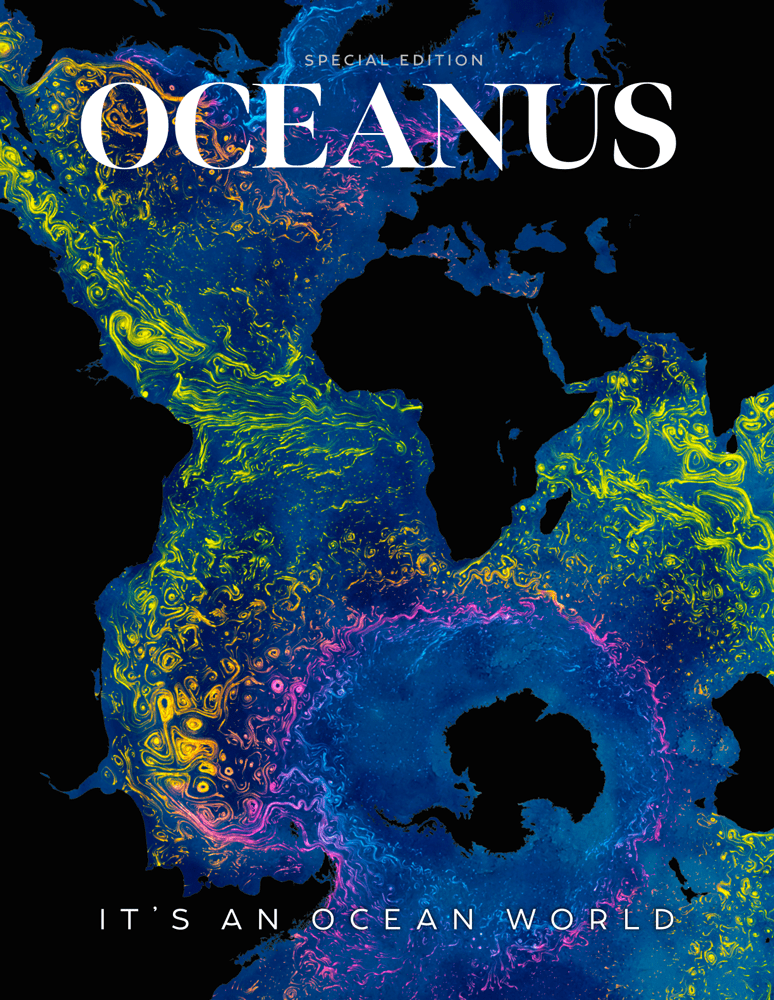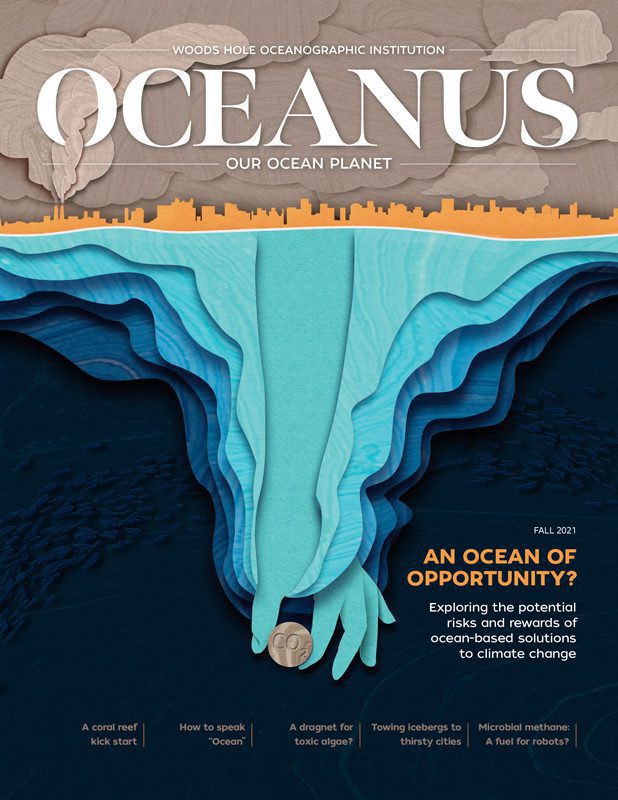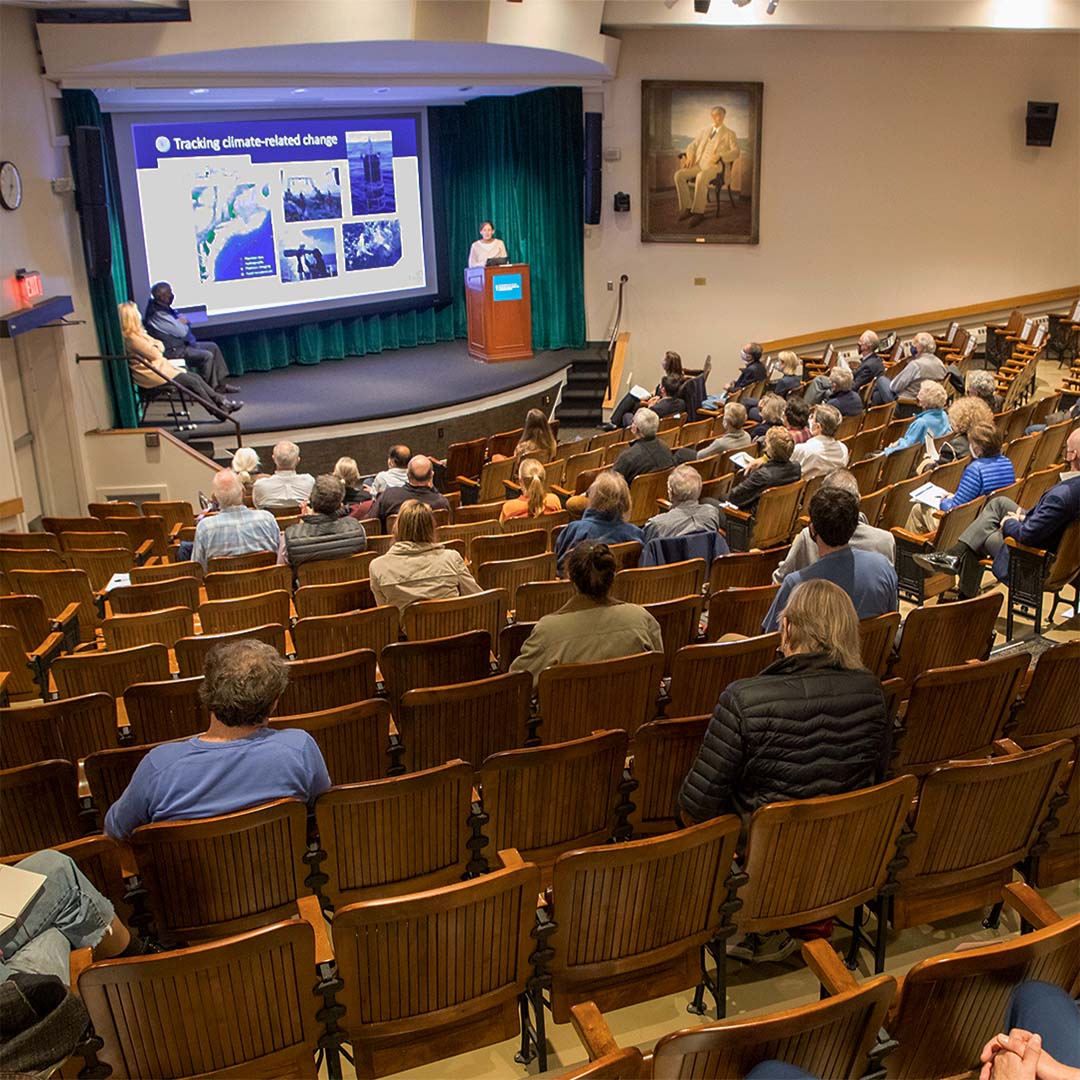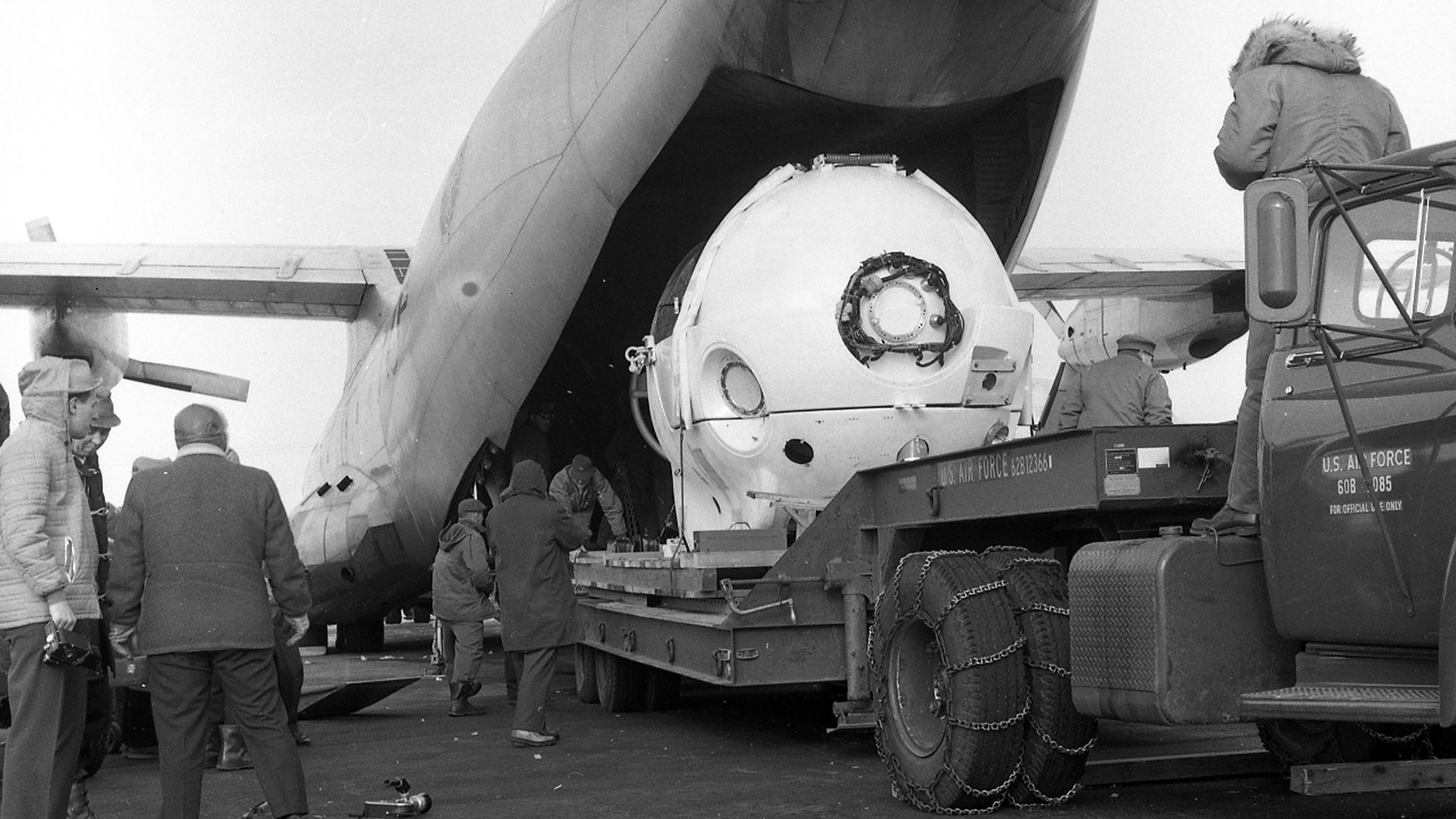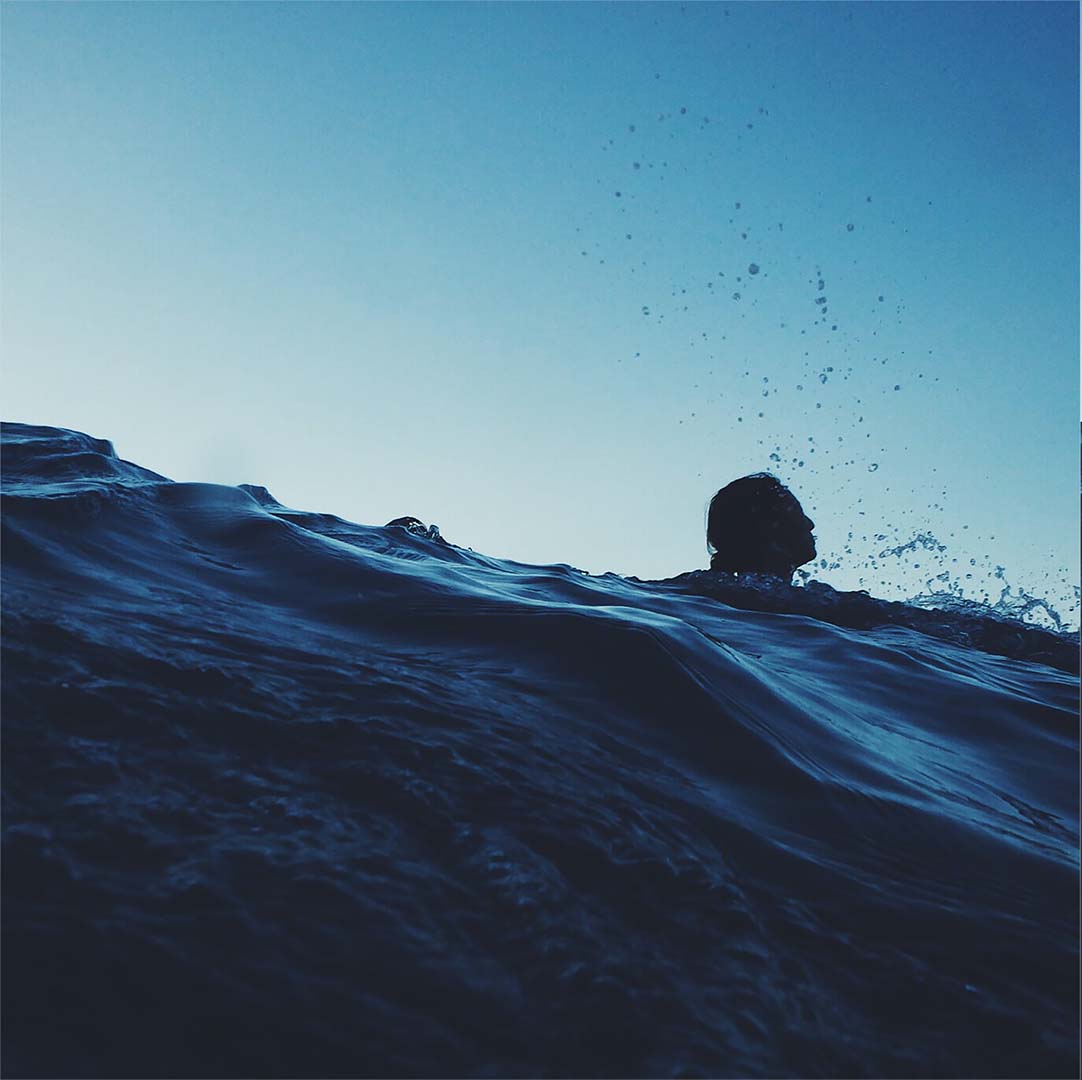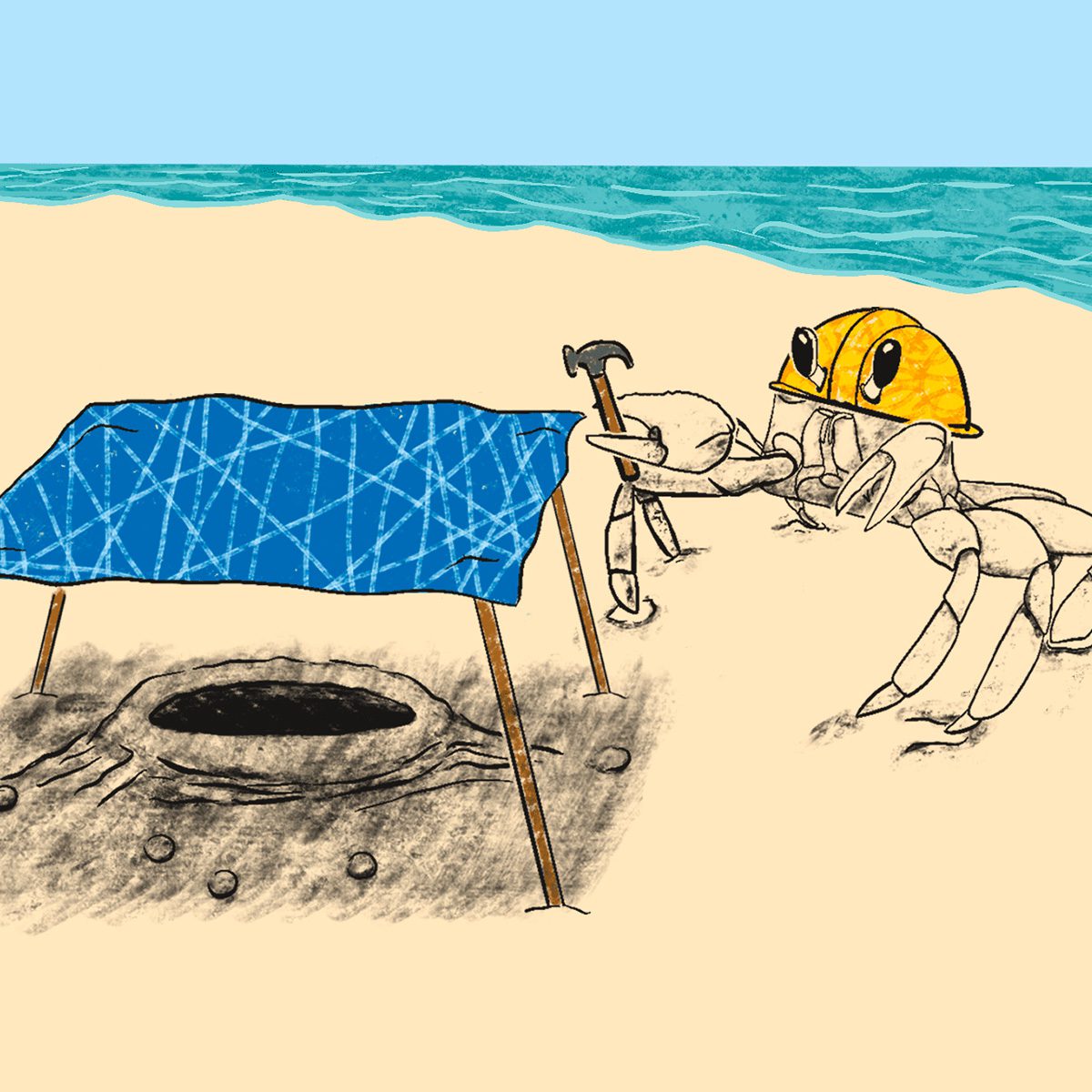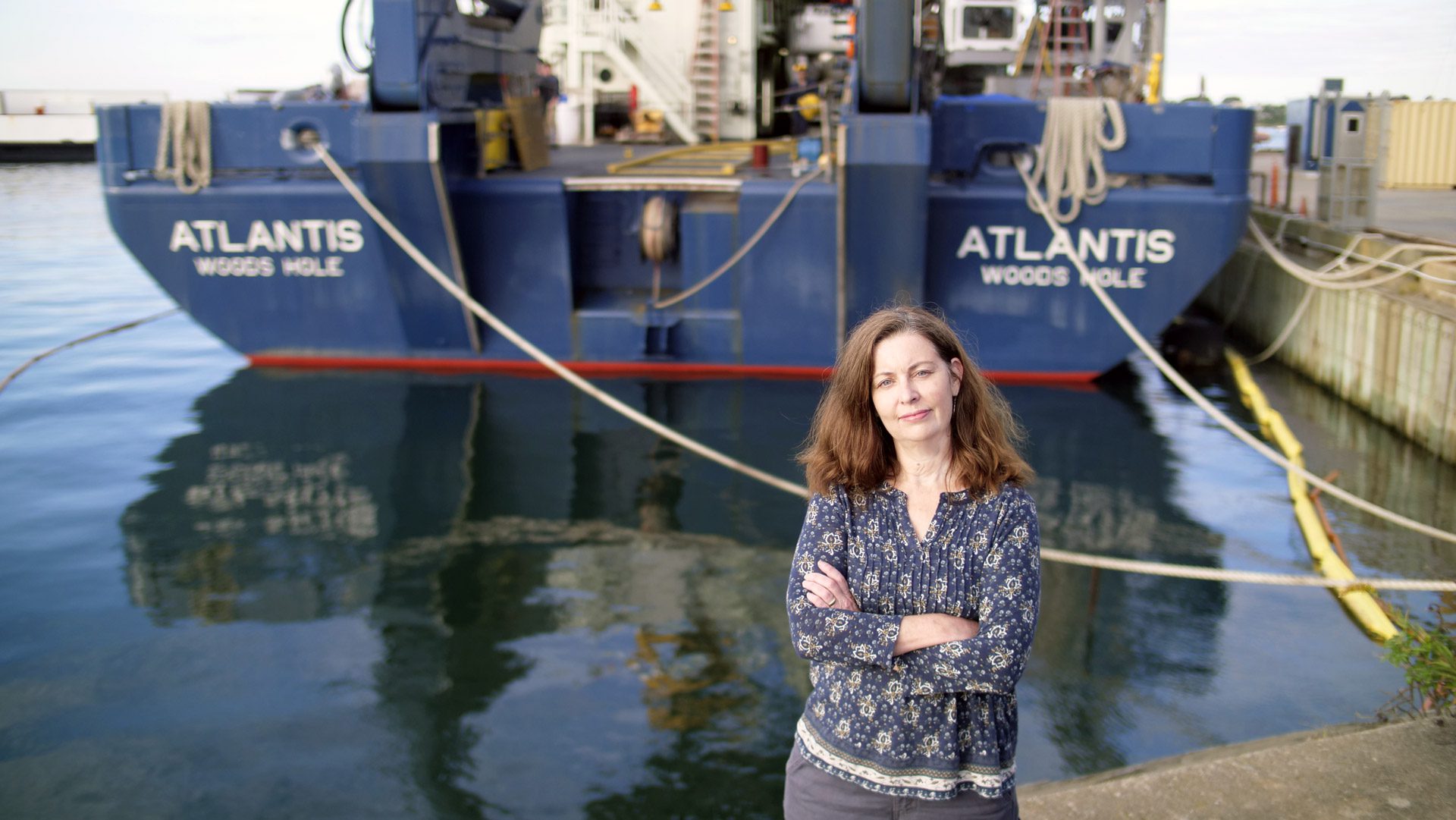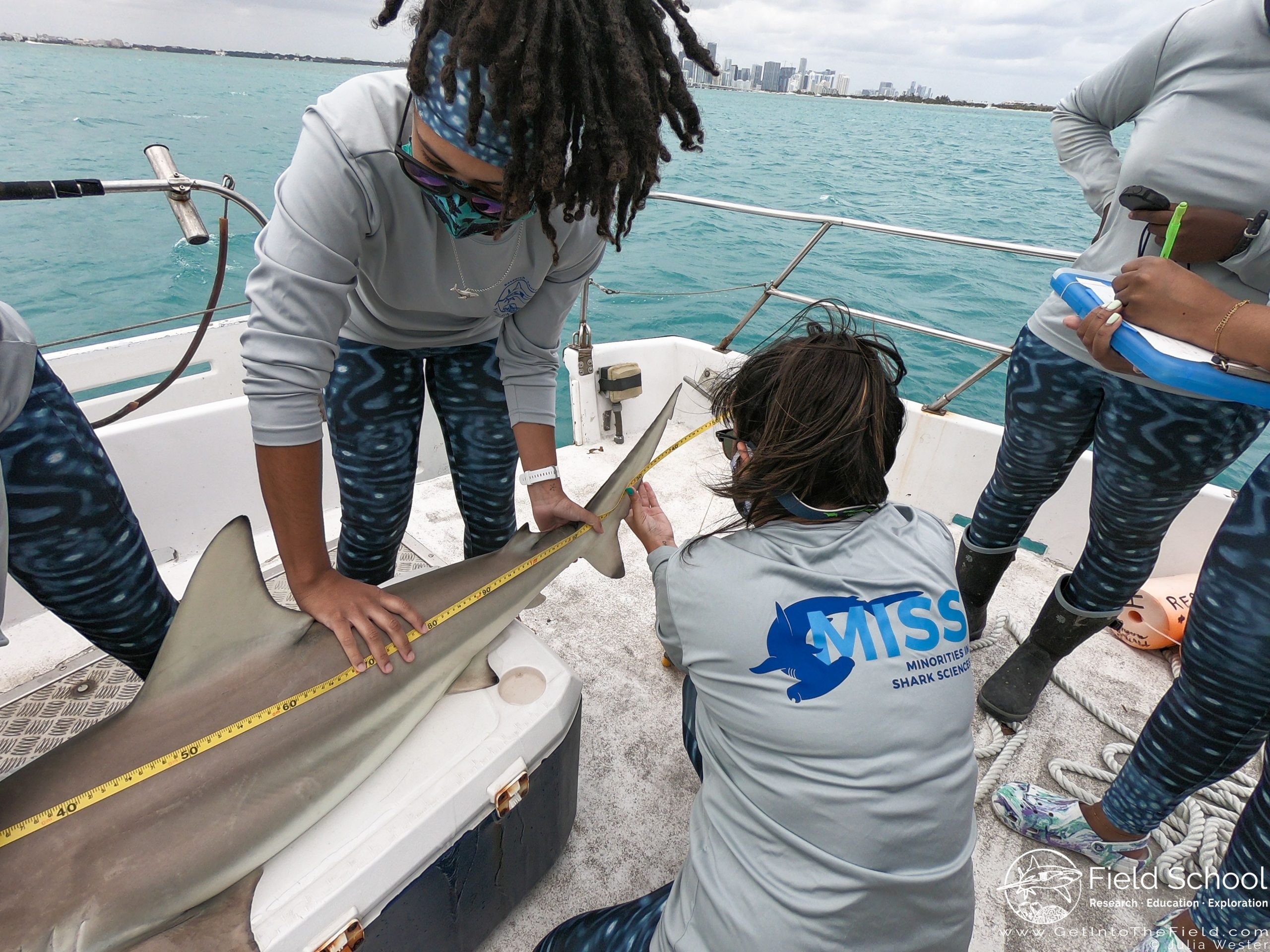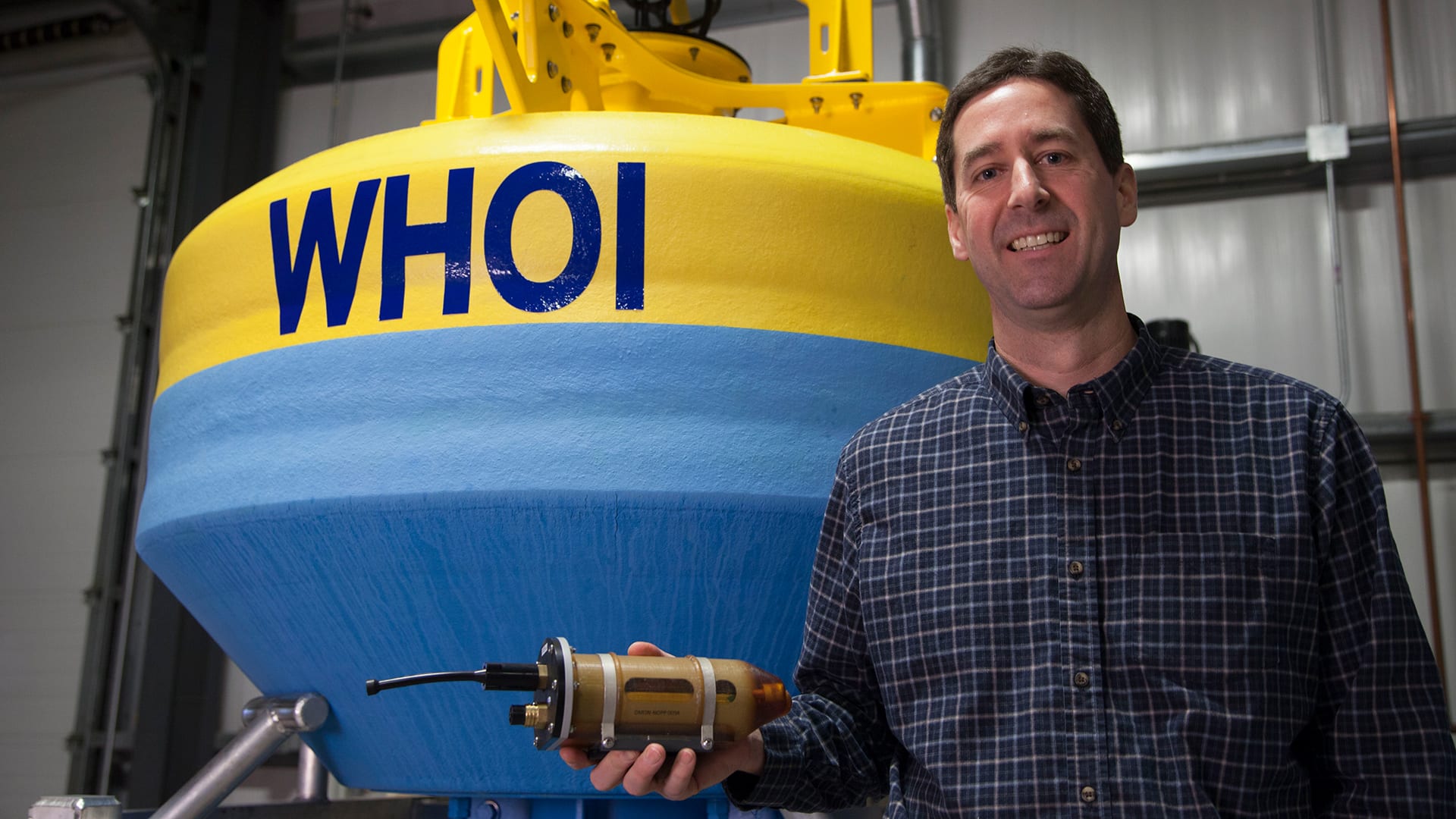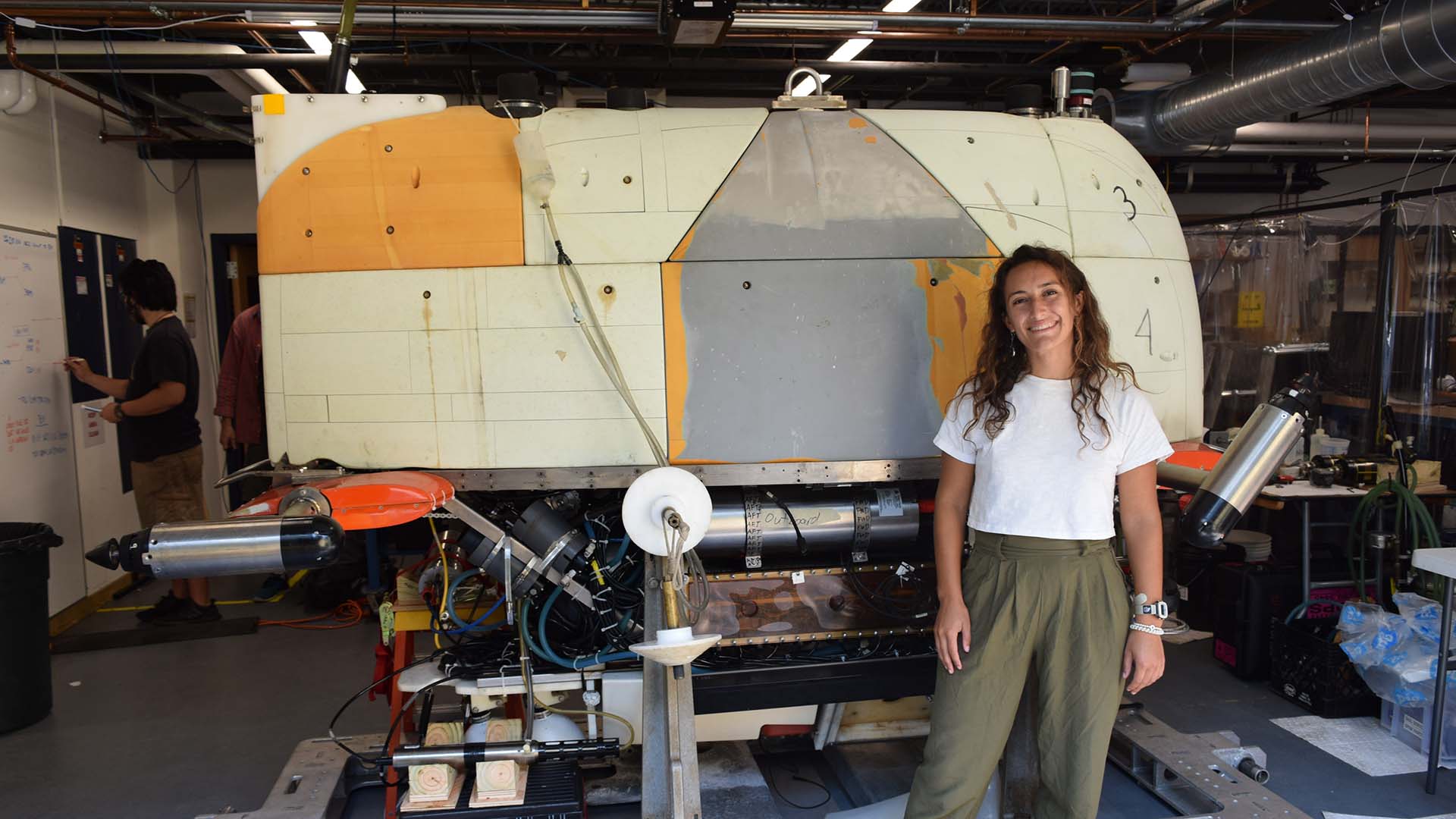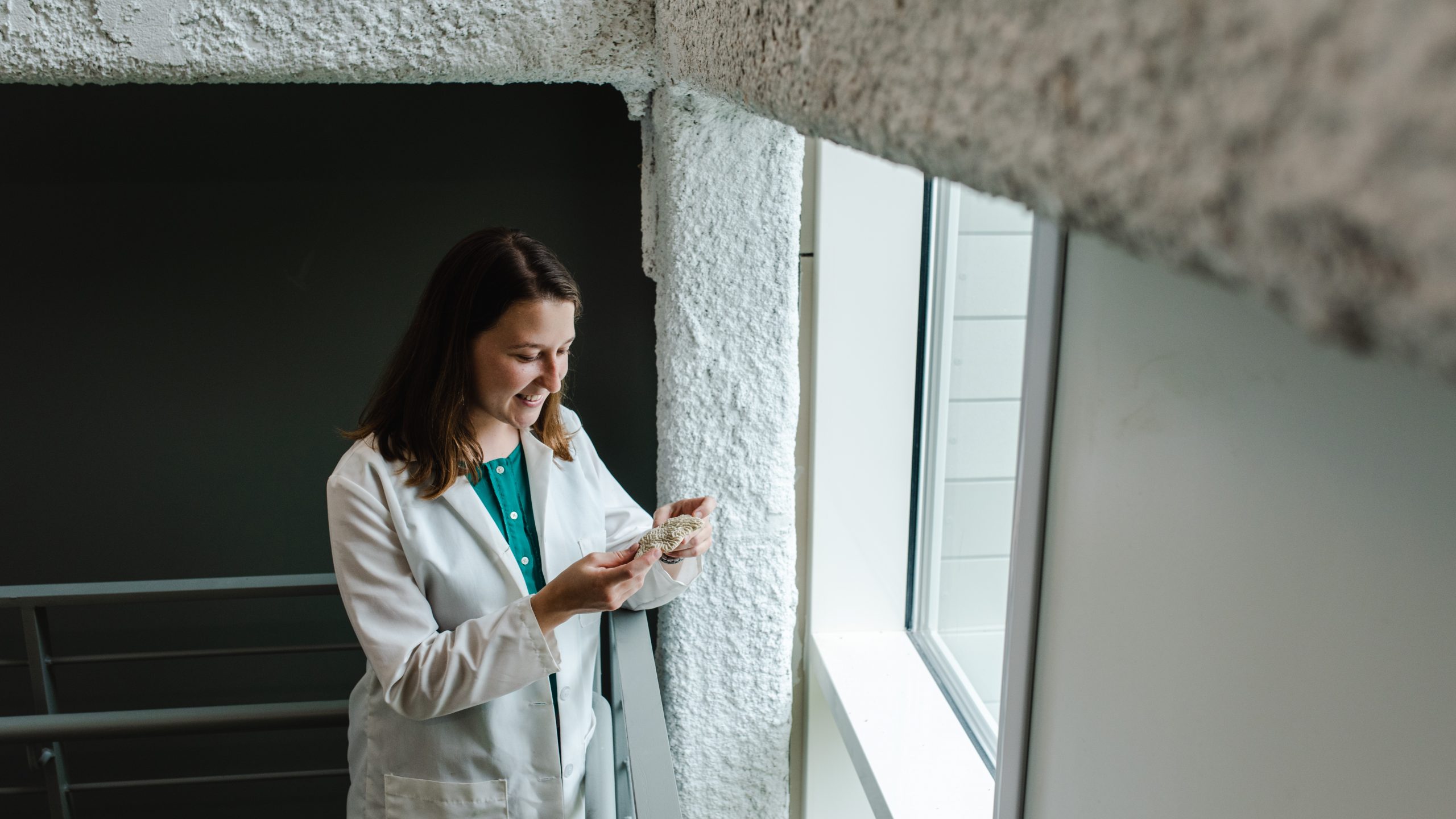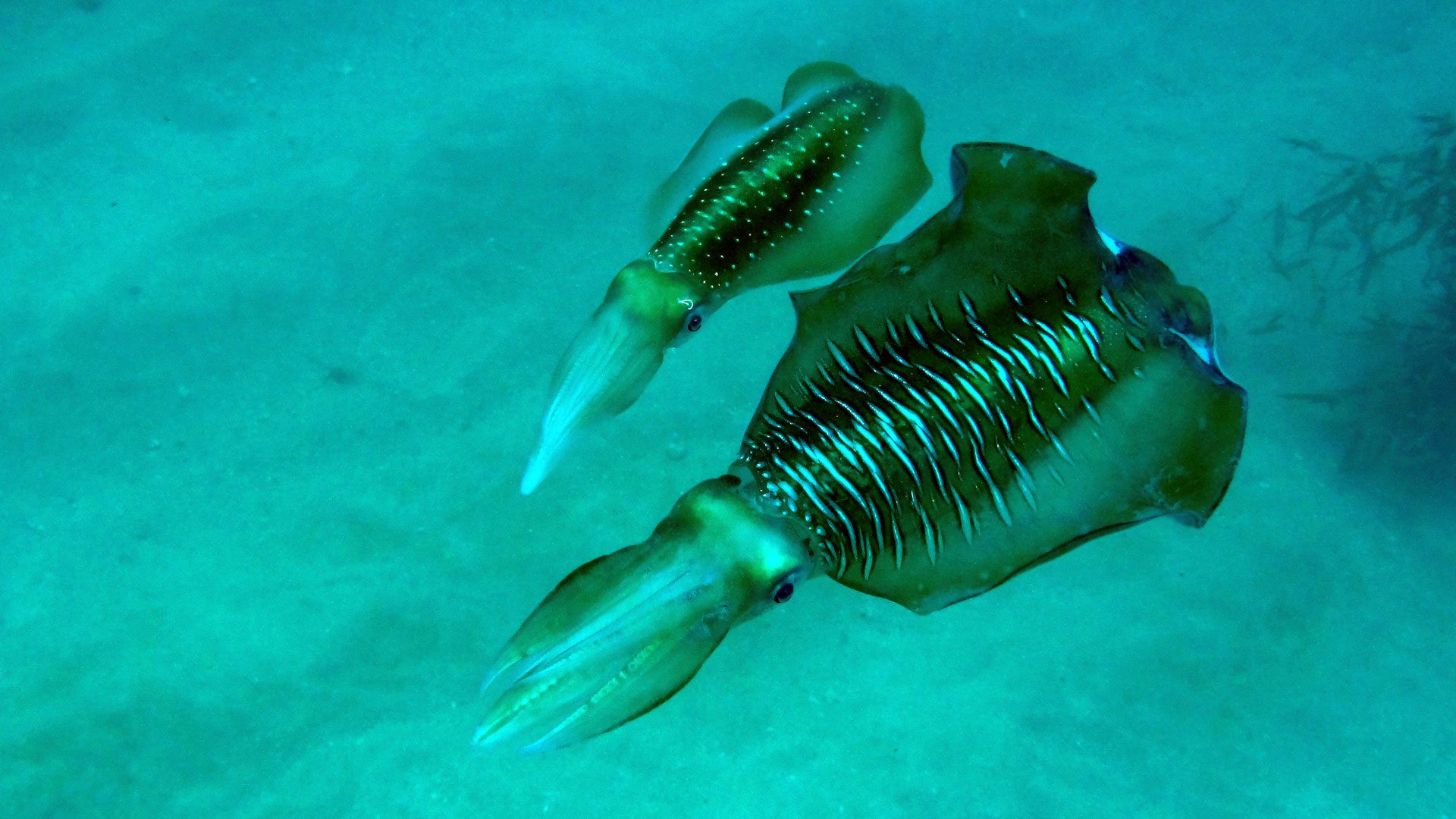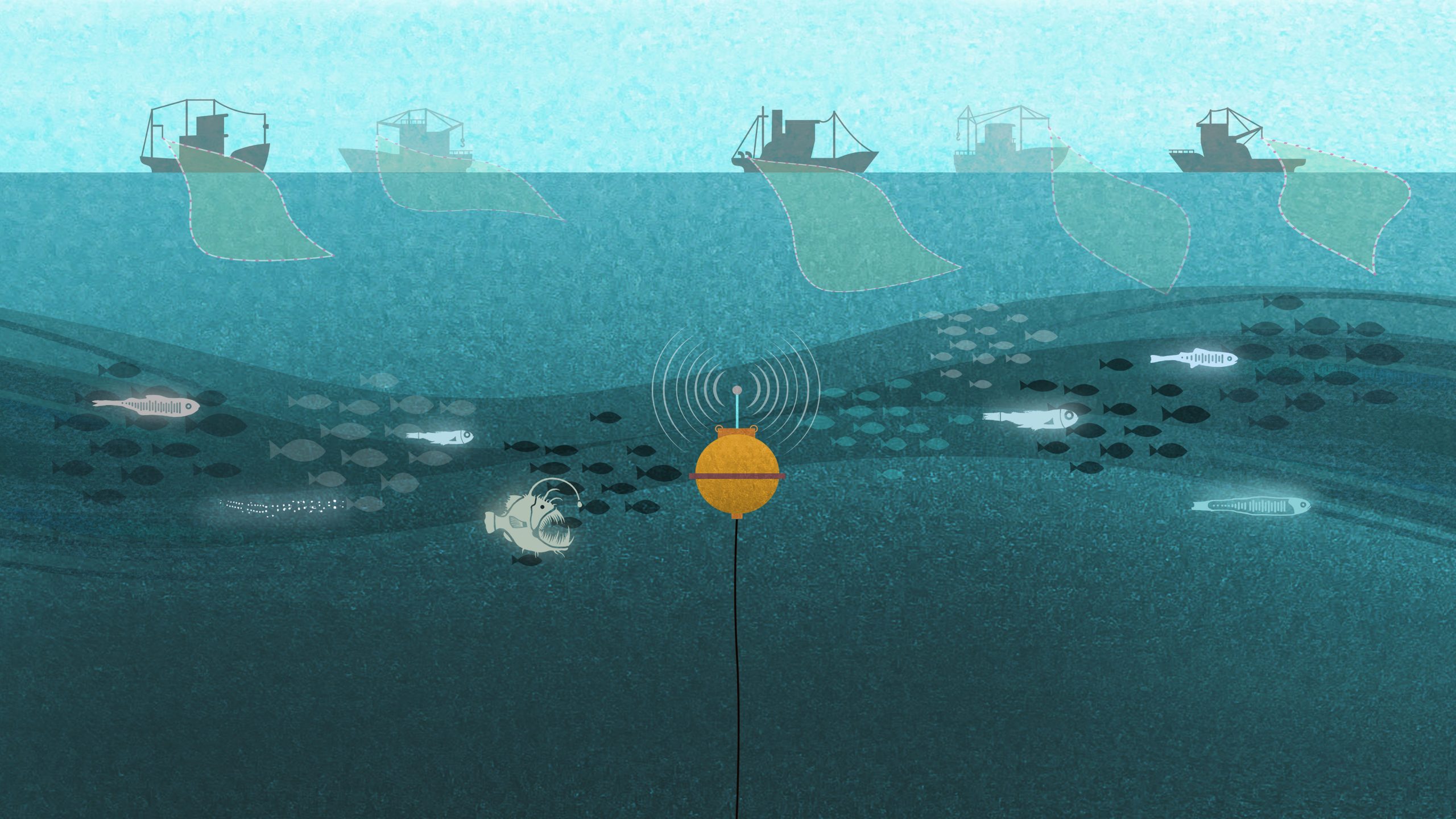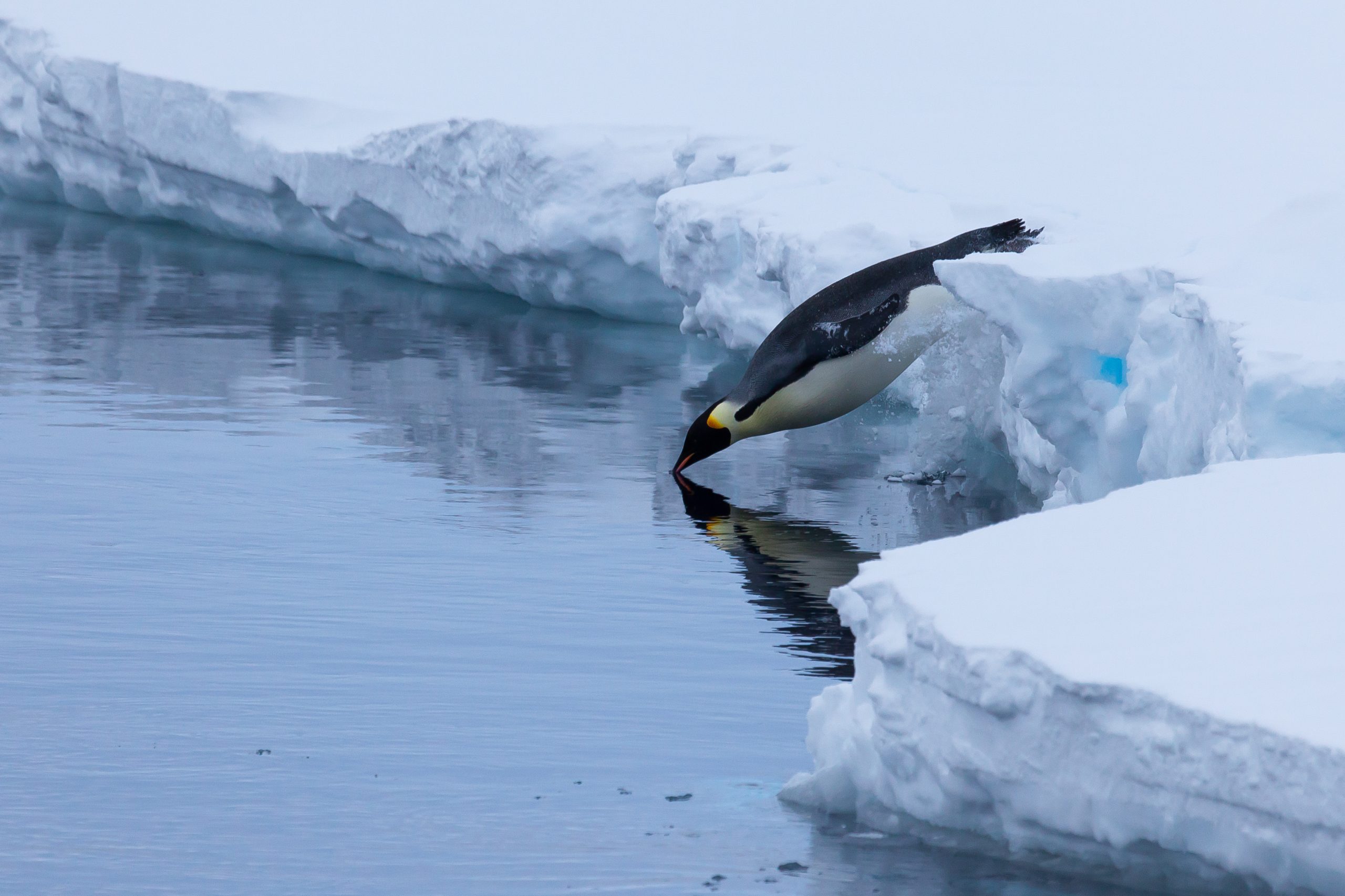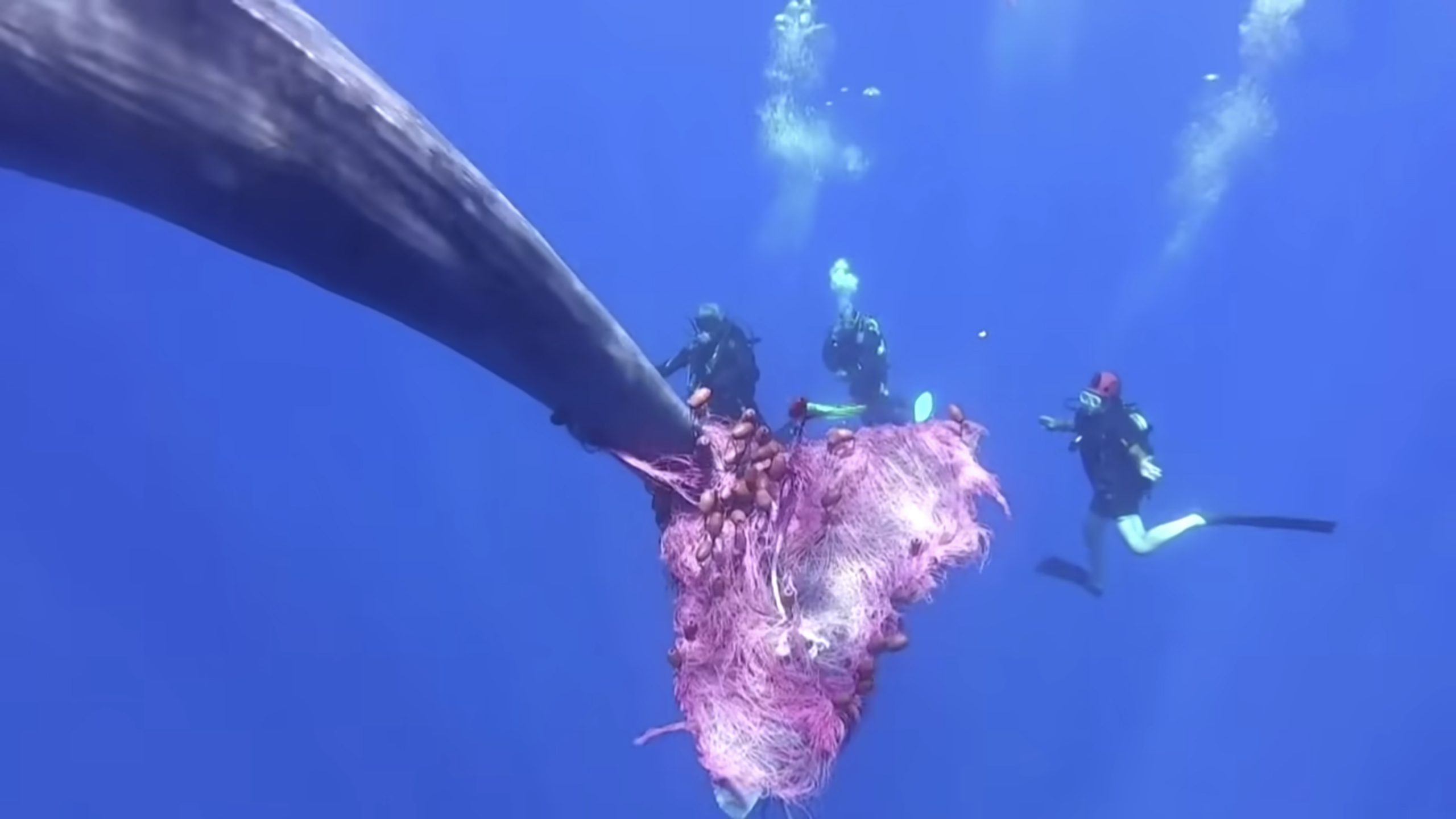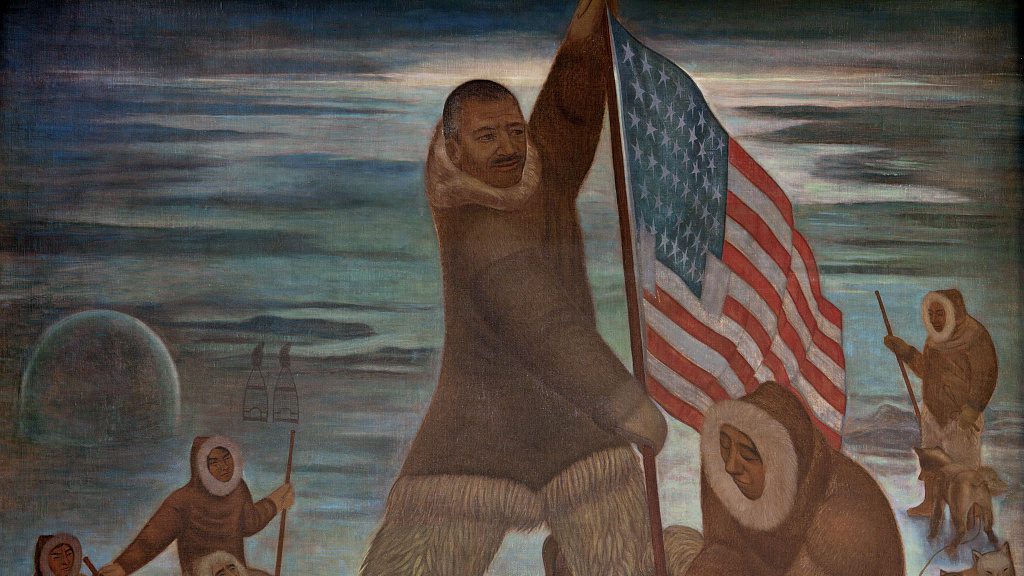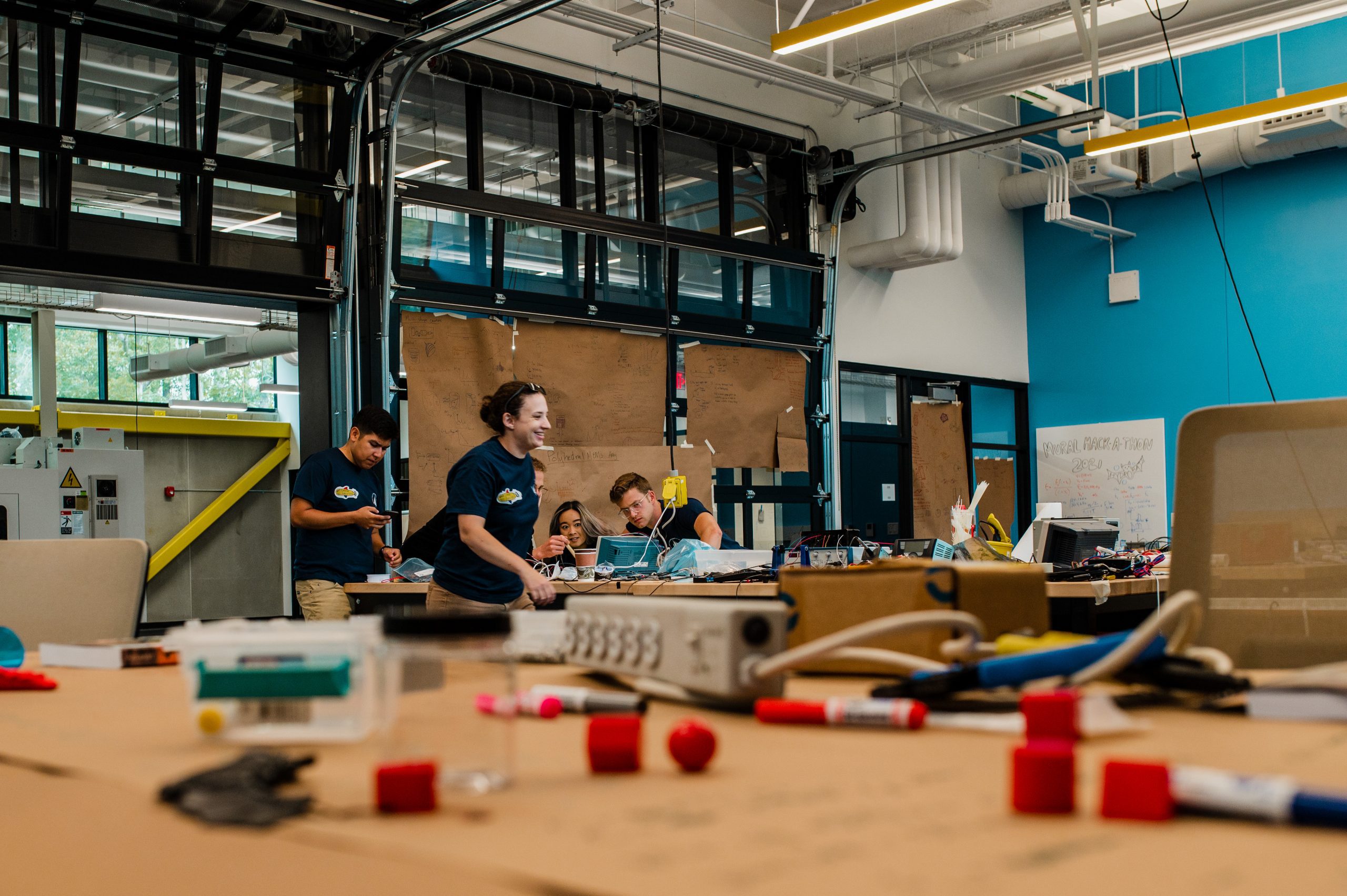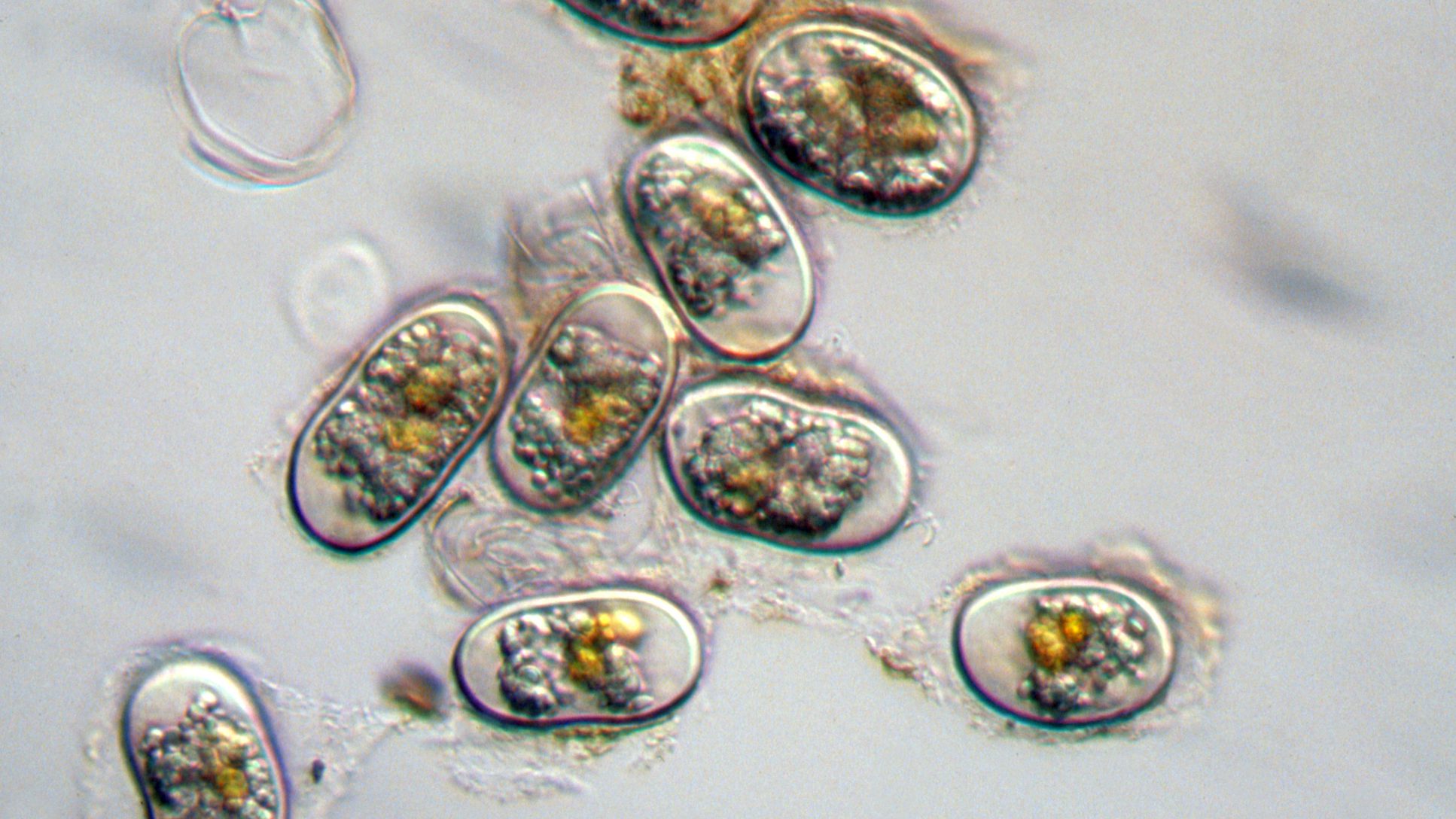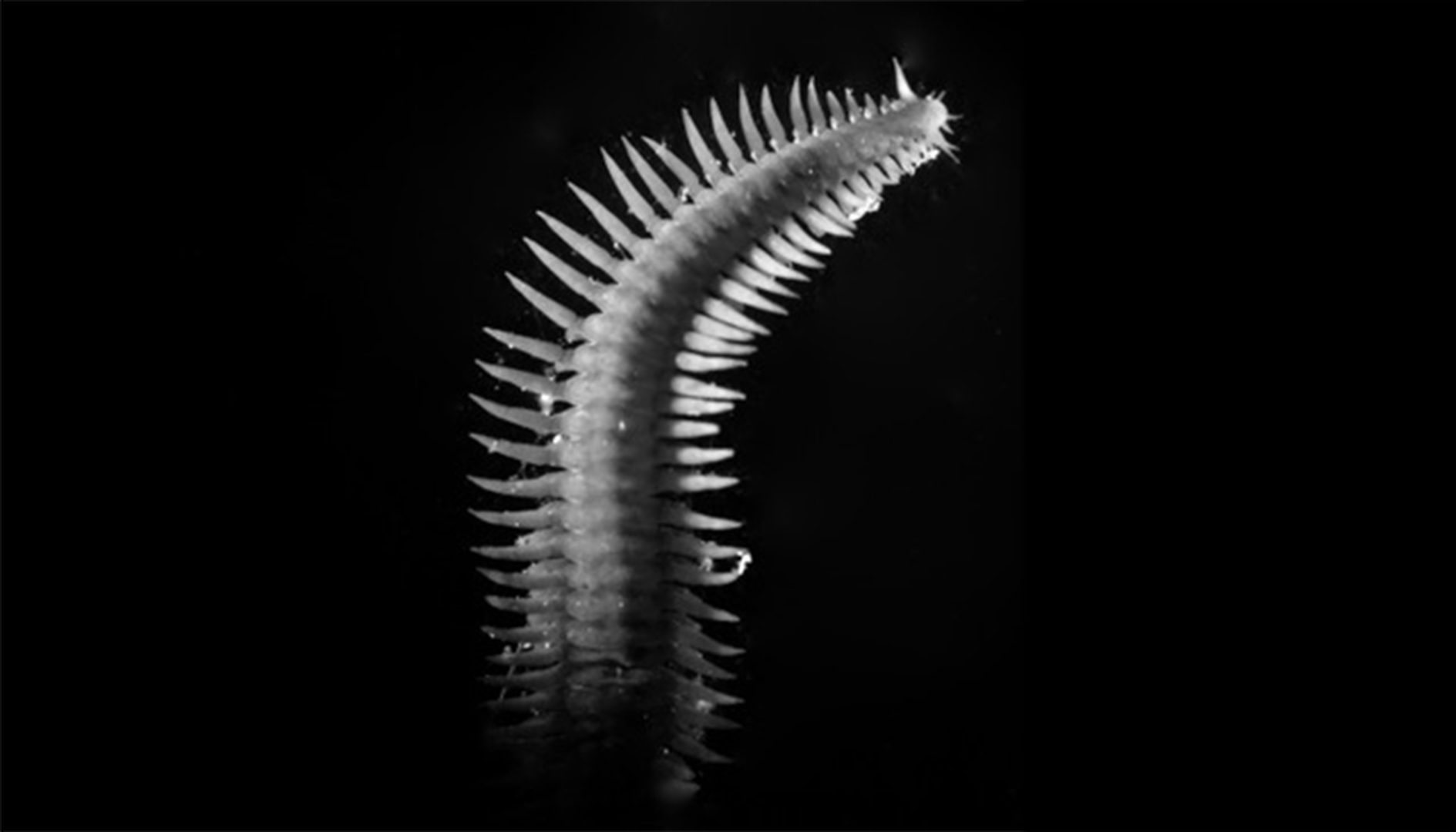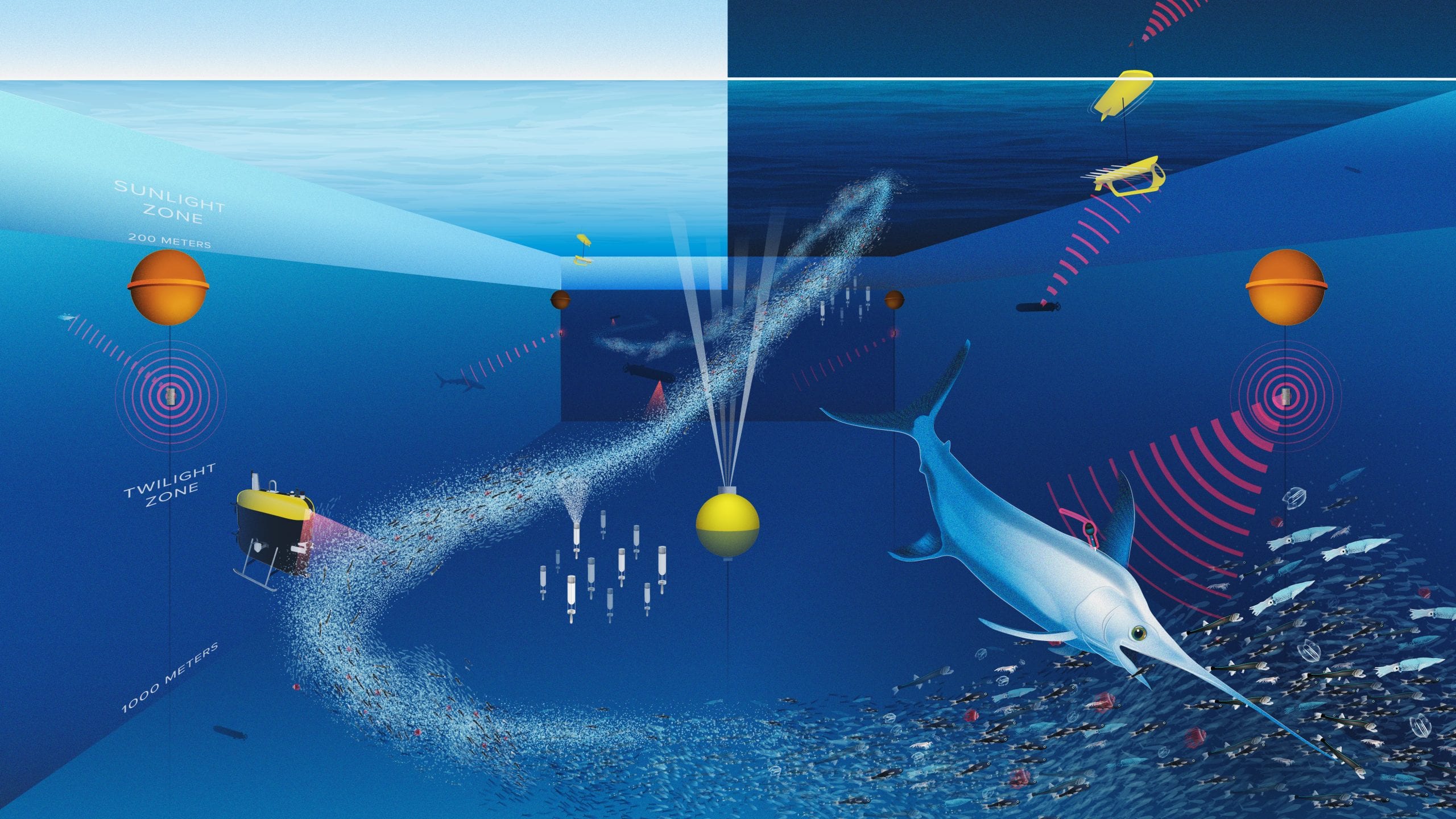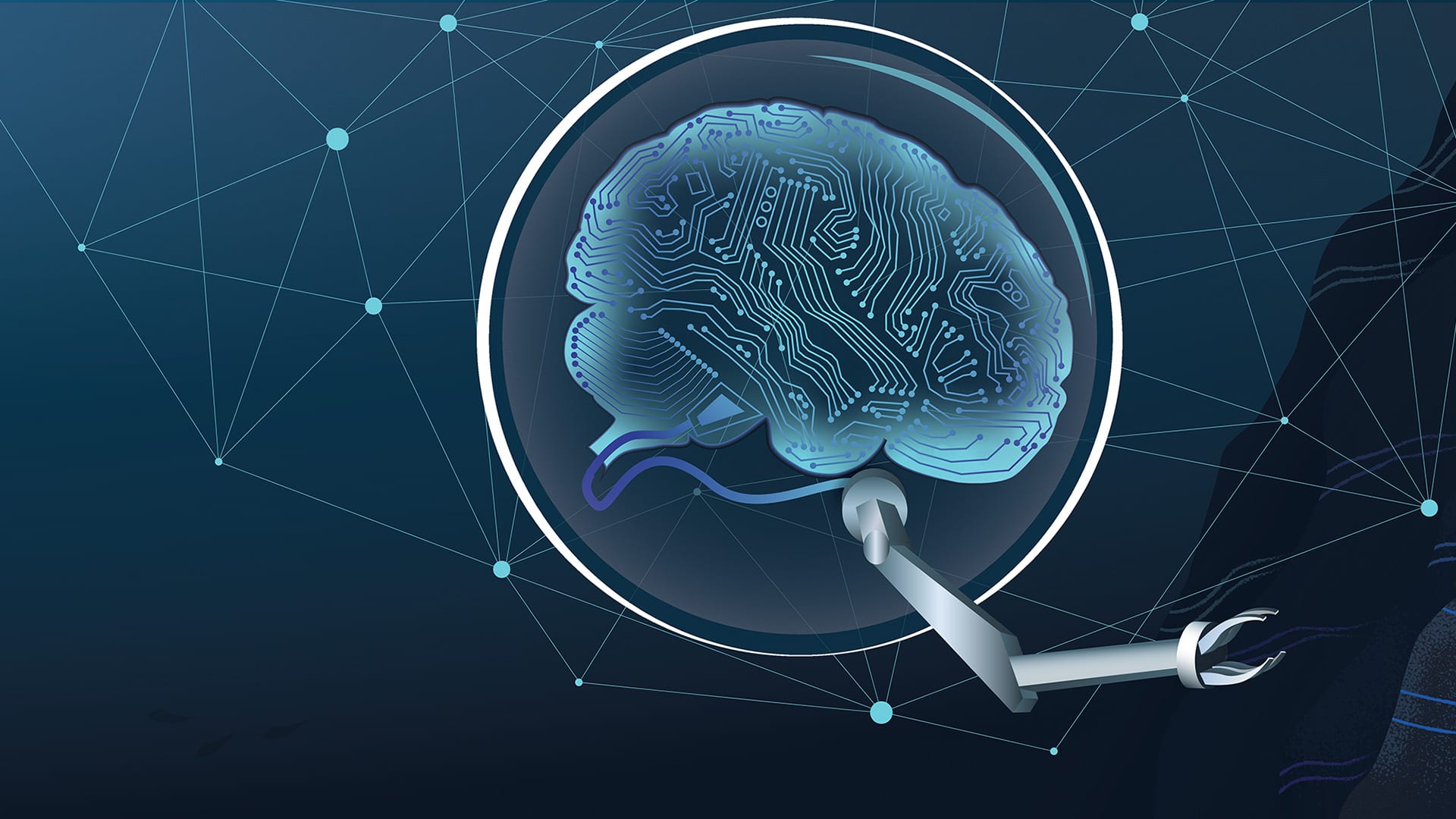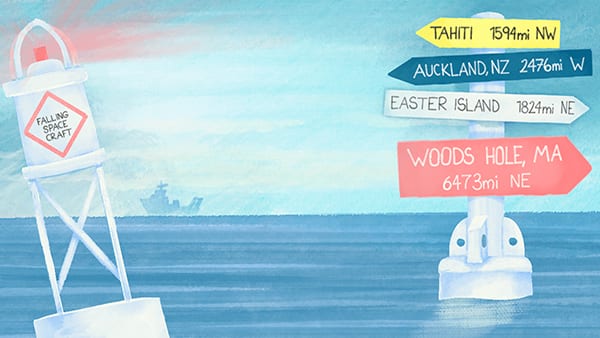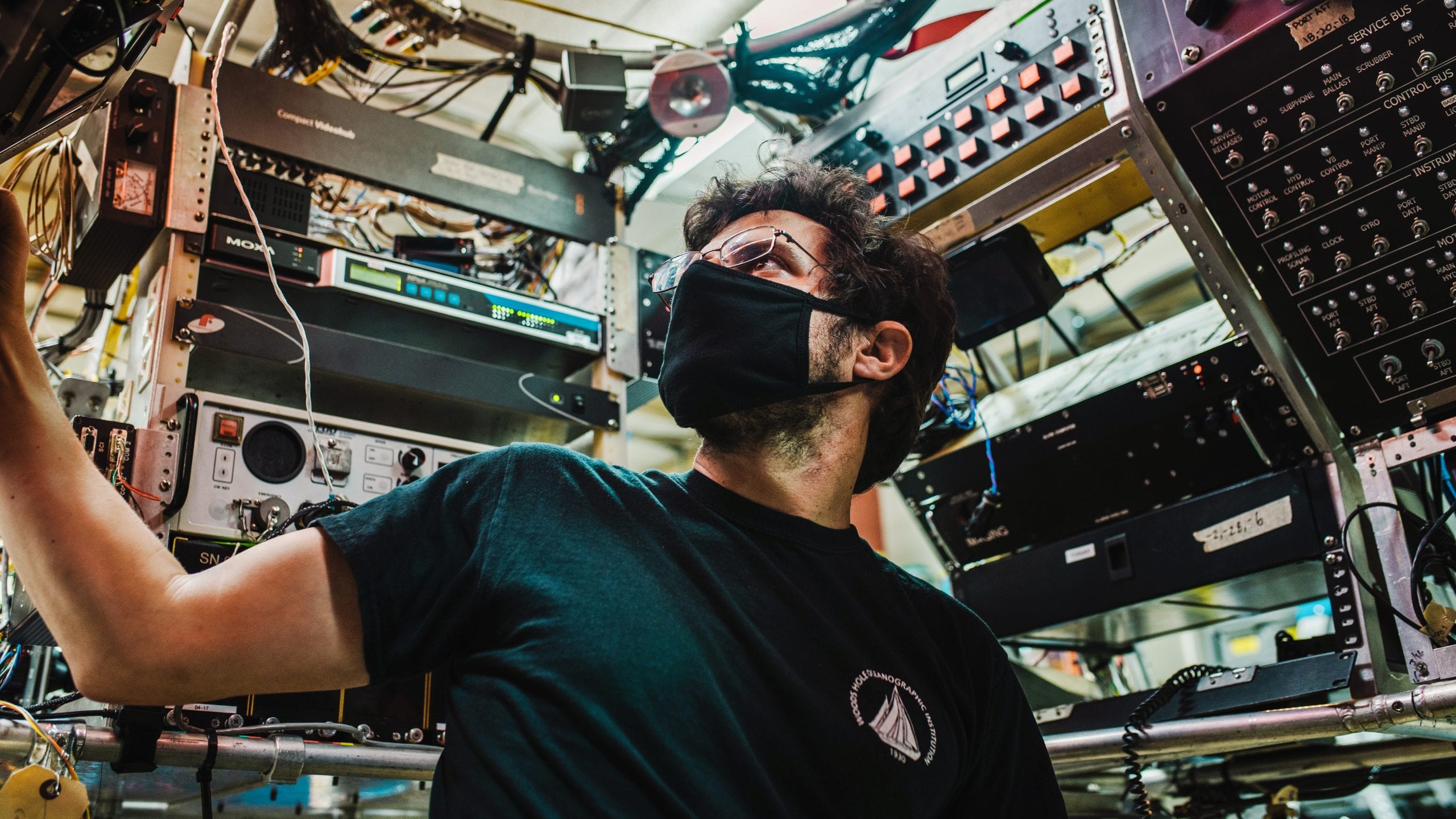Oceanus Online Archive
Adapt or retreat:
No solution is off the table to prepare for sea level rise in Woods Hole
Read MoreA coral reef kickstart
WHOI’s Reef Solutions Initiative takes a multi-disciplinary approach to investigate solutions for ailing coral reefs
Read MoreThe story of “Little Alvin” and the lost H-bomb
How the famed submersible found a lost hydrogen bomb in the Mediterranean Sea during the height of the Cold War
Read MoreFive times the ocean helped us learn about the human body
For people studying the human body, big ideas can sometimes come in small, briny packages
Read MoreBurrows on the beach
Rebuilding after a hurricane isn’t easy—especially for those pale, stalk-eyed creatures known as ghost crabs
Read MoreMeet the Alvin 6500 Team: Lisa Smith
Alvin Certification Coordinator Lisa Smith on working with Naval Sea Systems Command (NAVSEA) to get HOV Alvin cleared for diving.
Read MoreJaida Elcock: diversity is essential–in the marine ecosystem and in science
MIT-WHOI Joint Program student Jaida Elcock always knew she was going to work with sharks. Oceanus caught up with her to find out more about why sharks—and representation—matter.
Read MoreWhale Safe
For Mark Baumgartner, Whale Safe is the natural evolution of WHOI’s work with passive acoustics
Read MoreSummer with Sentry: Intern Renee Gruner-Mitchell
Renee Gruner-Mitchell on her internship working on AUV Sentry at the National Deep Submergence Facility during the summer of 2021.
Read MoreFive marine living fossils you should know about
After living for millions of years, these species may have mastered evolution in our ocean
Read MoreFor Cynthia Becker, solutions to coral health are in the smallest details
MIT-WHOI Joint Program student Cynthia Becker sits down with Oceanus Magazine to explain why marine microbes may be the key to diagnosing reef health
Read MoreSpeaking in colors
How squid use a dazzling array of colors and body patterns to make friends, fend off enemies, and survive life below the surface.
Read MoreMeasuring the great migration
A bioacoustic mooring will use sound to help estimate life migrating in the ocean’s twilight zone as part of a new long-term observation network in the Atlantic
Read MoreFascinating facts about emperor penguins
We might chuckle at the sight of penguins waddling over ice, but these flightless birds would put Olympic swimmers to shame. Learn more about emperor penguins, the largest penguin in the world and permanent residents of Antarctica.
Read MoreKeeping an ear out for entangled whales
To help mitigate the impacts of illegal fishing off the Sicilian coast, a WHOI scientist and his collaborators are attaching acoustic tags to drift nets so sperm whales can be located and tracked for disentanglement crews.
Read MoreDiverse Voices From Our Maritime Past
By providing access to local and marginalized voices, these archives hope to help ensure that local communities can benefit from the work of Western scientists and historians.
Read MoreWHOI breaks in new research facility with MURAL Hack-A-Thon
Engineers use test tanks and 3D printers to prototype an acoustic sensor in the new Quissett Research Facility
Read MoreA dragnet for toxic algae?
To keep a close eye on harmful algal blooms, shellfish farmers are relying on a WHOI-developed camera system that spies on toxic species below the surface and sends alerts when they’re present.
Read MoreLife at Rock Bottom
This digital photo essay brings you the forms, figures, and facts of life more than a mile and half deep
Read MoreIn the Ocean Twilight Zone, Life Remains a Mystery
A New, Long-term Observation Network Could Help Reveal Its Secrets
Read MoreSpock versus the volcano
Five hundred meters below the calm surface waters of the Aegean Sea off Santorini Island, Greece, lies an active submarine volcano. There, a decision-making robot equipped with artificial intelligence searches for life and danger.
Read MoreOverhaul to take Alvin to greater extremes
Work on Iconic Sub Will Put 99% of The Ocean Floor Within Reach
Read More